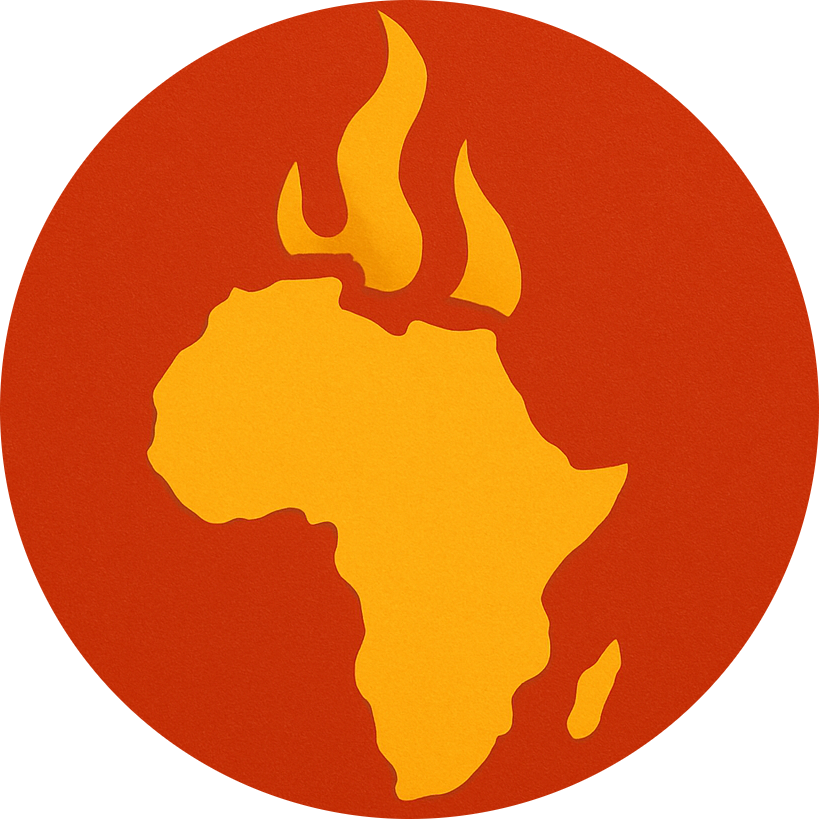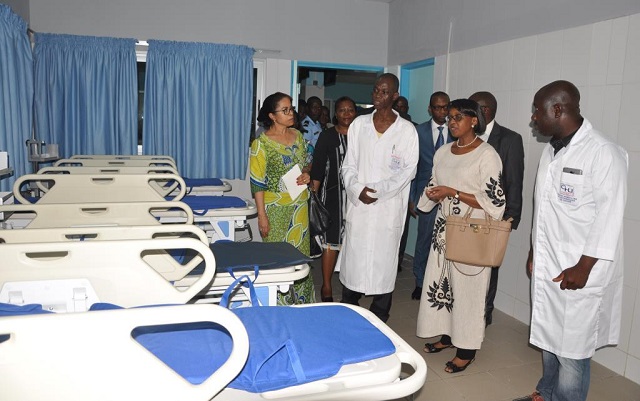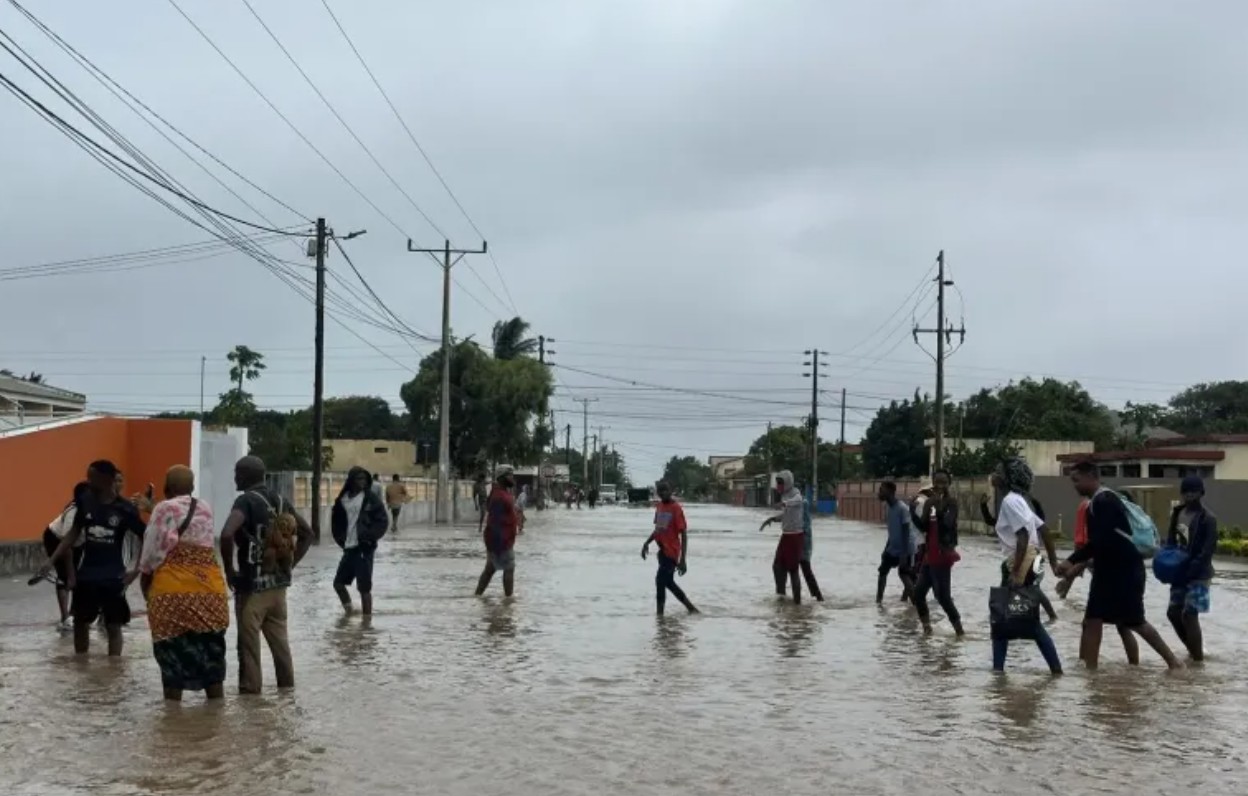Ivory Coast has officially declared a cholera outbreak following the deaths of seven individuals and at least 45 confirmed cases. The announcement came after national health authorities identified the presence of cholera bacteria in samples collected from a coastal community near the capital.
The first cases were identified in late May, and all of the reported deaths occurred within the initial 48 hours. Officials attribute the rapid fatalities to a delay in seeking treatment, which is common in the early stages of outbreaks when symptoms are not immediately recognized as severe.
Cholera is an acute diarrheal illness caused by the bacterium Vibrio cholerae, usually contracted through contaminated water or food. While it is easily treatable with oral rehydration salts or antibiotics in severe cases, cholera can be fatal if not addressed quickly—especially in regions with poor sanitation infrastructure.The Ministry of Health has urged citizens to adopt stringent hygiene measures. These include drinking only clean, treated water, avoiding the consumption of beverages sold on the street, and frequent hand washing.
Public health teams are actively working in the affected area to contain the outbreak and educate residents on preventive practices.Experts warn that this outbreak is part of a broader trend across parts of Africa. The region is experiencing an increase in cholera cases due to a combination of climate change, which disrupts water systems, and the El Niño weather pattern that brings heavier-than-normal rainfall. These environmental shifts often lead to flooding and water contamination, providing ideal conditions for cholera to spread.
Additionally, the global supply of cholera vaccines is under strain, limiting the ability of public health officials to mount a comprehensive vaccination response in high-risk areas. This shortage is especially critical as more African countries report rising case numbers, putting immense pressure on healthcare systems already stretched thin.The World Health Organization and other international bodies are closely monitoring the situation. They emphasize the importance of improving access to clean water and sanitation services as long-term solutions to prevent future outbreaks.
Ivory Coast’s health authorities are also coordinating with international health partners to ensure adequate medical supplies, diagnostic tools, and public education campaigns. Mobile treatment centers are being deployed to affected areas to provide immediate care and limit the spread of infection.This outbreak serves as a stark reminder of the urgent need for infrastructure investment in vulnerable communities. Without consistent access to clean water, effective sanitation, and basic healthcare, populations remain at risk of recurring outbreaks of preventable diseases like cholera.
As the rainy season progresses, health officials across West Africa are on high alert. The situation in Ivory Coast underscores the importance of early detection, rapid response, and sustained public health efforts in mitigating the impact of waterborne diseases.






Leave a Reply